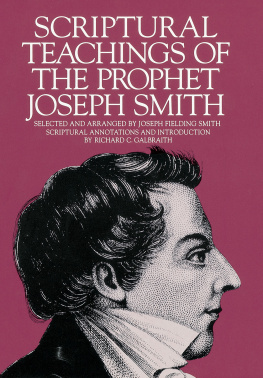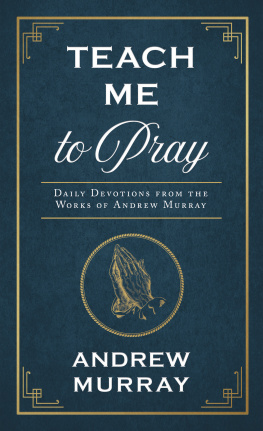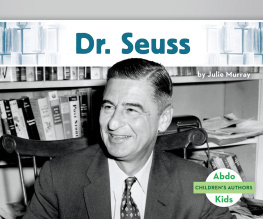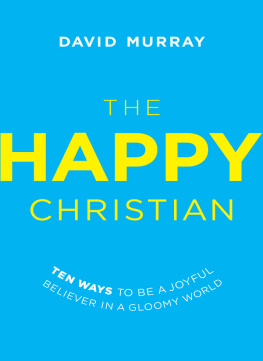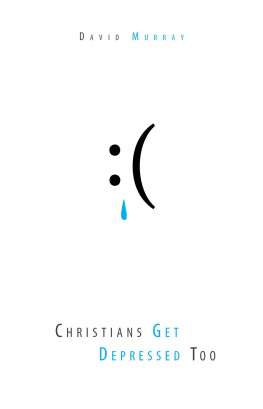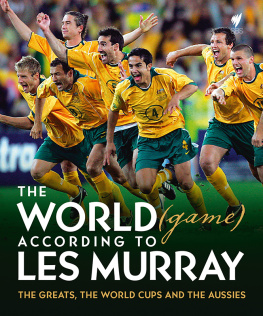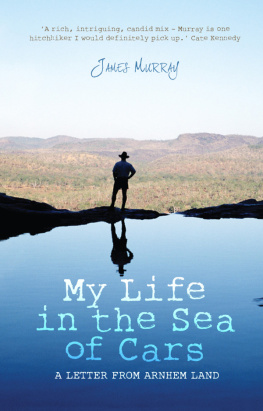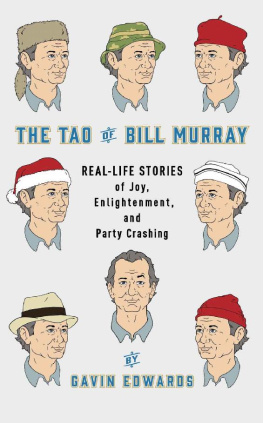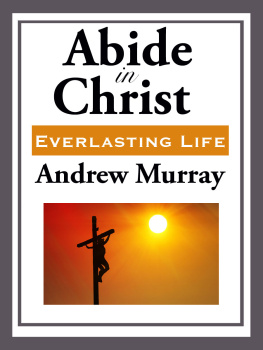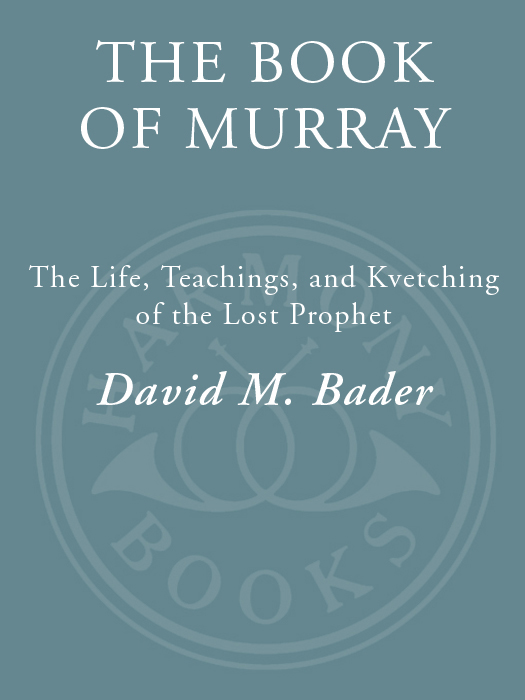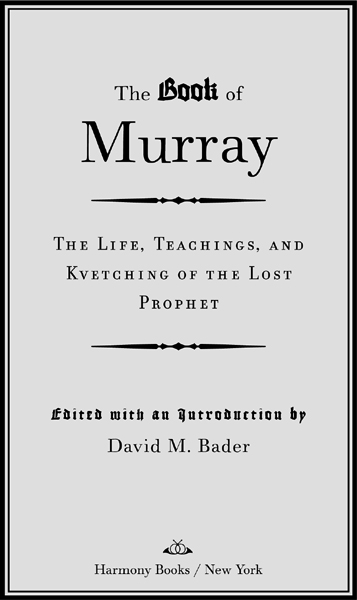Also by David M. Bader

Haikus for Jews: For You, a Little Wisdom
Zen Judaism: For You, a Little Enlightenment

contents
chapter I:
chapter II:
chapter III:
chapter IV:
chapter V:
chapter VI:
chapter VII:
chapter VIII:
chapter IX:
chapter X:
chapter XI:
chapter XII:
chapter XIII:
chapter XIV:
chapter XV:
chapter XVI:
chapter XVII:
chapter XVIII:
chapter XIX:
chapter XX:
introduction
In the modern world, the lives and teachings of biblical prophets often seem remote and dim in our consciousness. And of all these narratives, The Book of Murray may well be the dimmest. This little-known work, a relatively recent addition to the religious canon, has baffled biblical scholars since its discovery. Still, it is assigned reading at some universities and seminaries, possibly because it is very difficult to get anyone to read it voluntarily.
The saga of how The Book of Murray first came to light begins in the land of Israel in ancient times. It resumes centuries later in Boca Raton, Florida, on the 14th hole of the golf course at Kibbitzing Pines Country Club. There, on either his third or fifteenth attempt to chip out of a sand trap (accounts vary), retired hosiery importer Leo Plotnick struck something hard and hollow.
When he investigated, he was surprised to discover a buried earthenware vessel. Inside it were scrolls of parchment, untouched and unread for thousands of years, filled with sacred writings painstakingly inscribed with a primitive stylus, all covered with some sort of mold that was murder on his sinuses. Among these scrolls, now known as the Boca Scrolls, was one bearing the title The Book of Murray.
Experts who examined The Book of Murray immediately questioned its authenticity. How had scrolls purporting to be from biblical times made their way to Florida? Why were they so different in both tone and appearance from other ancient scrolls? Most importantly, why was there no mention of anyone named Murray in other biblical texts? The result was a schism among biblical scholars so great that a number of them called for the manuscript to be taken back to the golf course and reburied in an even deeper hole.
The historical significance of The Book of Murray began to emerge only when carbon dating showed that the scrolls were indeed quite old. Soon after, stains on the parchmentconfirmed to contain trace amounts of brisketwere removed to reveal the complete text. For years, scholars had been puzzling over the stark contrasts between modern Judaism and the world of the Israelites of the Torah, the Prophets, and the Writings. Leviticus might contain guidance on keeping kosher, but where was the scriptural support for pocketing a dinner roll from a buffet for later? In The Book of Murray, scholars finally found answers. Here was the missing link that showed that todays Jews and their ancestors had more in common than previously seemed imaginable.
Prophetic words spoken in one age are not always entirely intelligible in another. This is especially the case when, as with The Book of Murray, they were not entirely intelligible the first time around. For all its difficulties, though, The Book of Murray offers a unique perspective on the distant past that explains much about the present. Three thousand years after it was written, Murrays age-old yet oddly contemporary wisdom still teaches us much about ourselves.
The prophets of ancient Israelmen such as Amos, Isaiah, and Jeremiahwhile divinely inspired, were deeply involved in the world around them. So too was Murray. The pages that follow remind us that these men of God were very much students of the human condition. They also remind us that some of them were better students than others.
David M. Bader
August 2010
To save time, the answers are, in order, Who knows? Highly unlikely, and Because.
chapter I
T HE B IRTH OF THE P ROPHET
A nd it came to pass that the descendants of Abraham and Isaac and Jacob went into Canaan, for they sought water and pasture for their flocks. And it was a place of peaceable hills and valleys, with rains that came in due season, low crime, low taxes, and a goodly public school system. Verily, it was a land flowing with milk and honey.
And they were called the Tribe of Levi (Relaxed Fit) and these were their generations: Jedidiah begat Zedidiah, and Zedidiah begat Zebediah, and Zebediah begat Obadiah, and Obadiah begat Irving. And Irving took unto him a wife, Francine, and they were called the Silvermans. But they were without child and begat no one.
And the Silvermans prayed and beseeched the Lord to open Francines womb, yet her womb remained closed. And they made burnt offerings of rams and heifers and loaves of barley to the Lord, but it availed them not. And they offered coffee rings and bagels and white-fish salad to the Lord, yet she did not conceive. And they tried everything, even sex, but still she was barren of child. And they wept.
Then Francine went up to Mount Sinai to seek counsel from the Lord. And she went up also to a specialist at Cedars Sinai for a second opinion. And she promised the Lord that, if he would give her a child, she would give the child up in service unto the Temple for all the days of his life, though not all the evenings. And the Lord heard her prayers and answered them.
So it came to pass that she bore a son. And they called him Murray, meaning he whose parents have planned his life without consulting him. And they were sad no more.
chapter II
T HE E ARLY Y EARS
A nd when the child was weaned, his mother brought him to the Temple with three bullocks, one ephah of flour, and a box of Pampers. For though he was weaned, he was not yet toilet trained. And she said unto the High Priest of the Hebrews, Here is the child I promised the Lord. He shall abide with thee and serve the Lord for all the days of his life, though not all the evenings.
And the High Priest of the Hebrews said, Um, thanks but no thanks. Really. Were fine here.
And Murray went back home and remained there.
And when Murray was older, his mother returned him to the Temple once more that he might abide there and serve the Lord. And the child did remain to minister unto the Lord before the High Priest of the Hebrews to the best of his ability, which was not great. For on parents day, the High Priest did upbraid his mother with harsh words, saying, Thy son speaketh barely a word of Hebrew.


